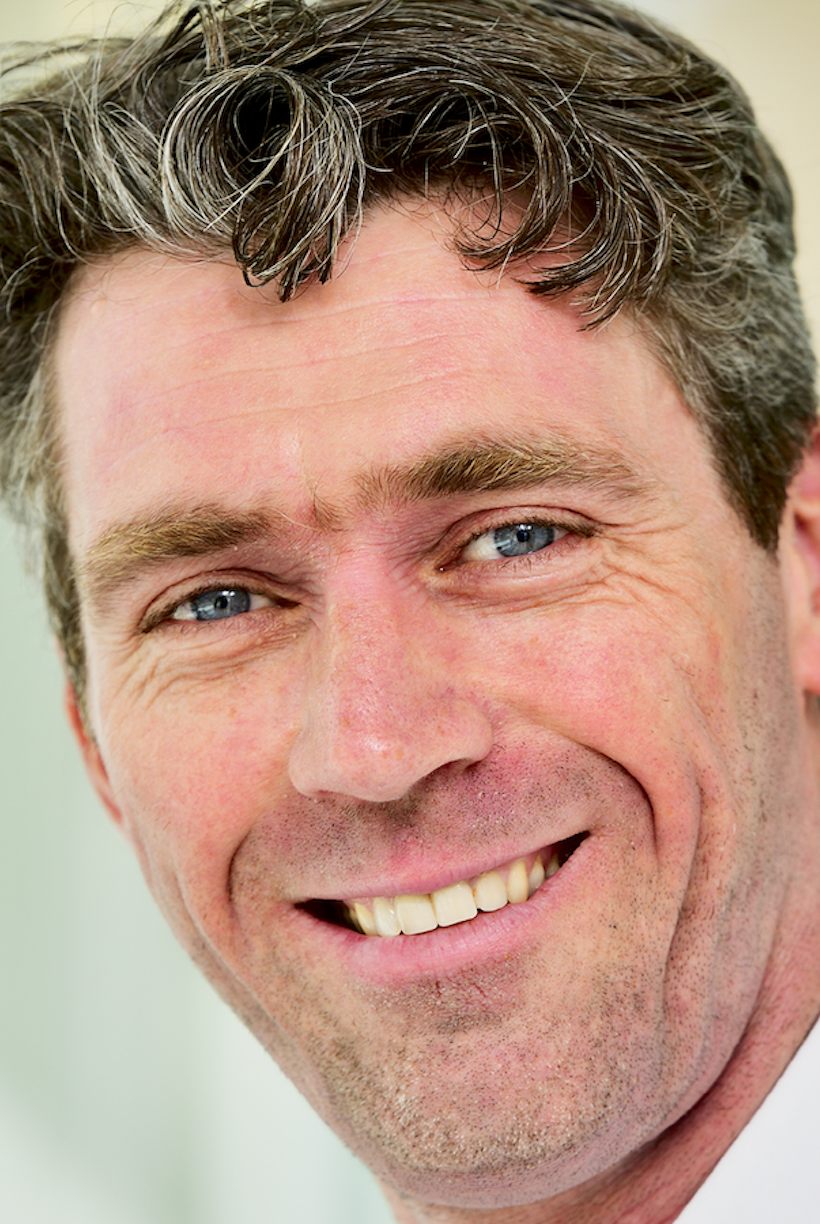Wouter de Jonge
Professor of Neurogastroenterology at AMC, CoFounder of Gut Research
Professor Wouter de Jonge received his doctoral training at University of Utrecht, and Columbia University, and received his Phd in 2001 (Medicine, University of Amsterdam and Maastricht). He took up postdoctoral positions at the AMC in Amsterdam (prof Guy Boeckxstaens) and Oxford University (prof Siamon Gordon). He chairs the gastro-intestinal research group (www.gut-research.com) at the AMC since 2013 and holds a part time W2 professorship at the Dept of Surgery at the University of Bonn, Germany.
He is interested in gastrointestinal physiology, nutrition, and the function of neural networks within the gastrointestinal tract, in particular in relation to the mechanisms involved in functional bowel disorders (IBS), and chronic inflammation of the GI tract (IBD, EoE). His research has translational nature and involves basic as well as clinical studies. His work is funded via national Science Foundation grants (NWO-Vidi-STW), EU FP7 and Horizon2020 grants, Marie Curie IEF (Oxford), Health Holland TKI topsector grants, and multiple public private partnership grants. He is currently coordinating a Marie Curie industrial training network (EpiMac; www.epimac.eu) aimed at understanding epigenetic marks that shape differentiation of inflammatory cells. He is working with the Galvani Bioelectronics network consortium since 2014 and currently leading a large-scale project on the development of Bioelectronic medicine for IBD.
He served on the board of the scientific committees a.o. national trust for Gastro Intestinal and Liver Diseases, and is founder of the spin off company Gut-research Services (http://gut-research-services.com) aimed to facilitate industry collaborations in the field of gastro intestinal diseases.

The gut-brain and brain-gut axes in human disease
- Current paradigme’s in neural-immune-microbial interactions
- Microbes and pain sensation
- Current nerve interfacing technologies and their potential in inflammatory disease intervention